The story of the Telephone Consumer Protection Act of 1991 this year is how the Supreme Court can sometimes see a legal issue so clearly despite confusion and conflicts among the lower federal courts.
Mims’ The Word


The story of the Telephone Consumer Protection Act of 1991 this year is how the Supreme Court can sometimes see a legal issue so clearly despite confusion and conflicts among the lower federal courts.
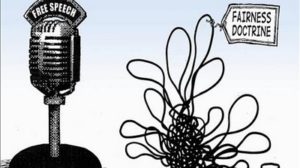
The brief on behalf of the Consumer Federation of America to the U.S. Supreme Court on the issue of whether the so-called Red Lion doctrine of First Amendment regulation of broadcasters should be re-examined.
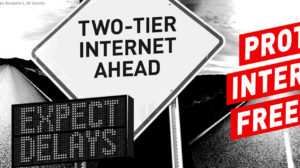
The modest few “open internet” rules FCC Chairman Genachowski has suggested are so trivial that, like all good policy compromises, they have angered both the left and the right. The far more important issue is the legal framework under which the Commission will support net neutrality regulation.

While telephone subscribership has now become ubiquitous, increasingly many citizens — especially twenty-somethings — no longer use landline telephones, instead going completely wireless. Pollsters, however, still base their surveys on landline phone subscribers
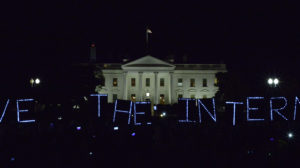
The highly polarized debate over so-called net neutrality at the Federal Communications Commission (FCC) exposes serious philosophical differences about the appropriate role of government in managing technological change. Neither side is unfortunately free either from hyperbole or fear-mongering. And neither side is completely right.

Release of Release of the FCC’s “National Broadband Plan” marks the start of what is likely to be a long and hotly debated implementation process, as the plan pits the interests of different industry segments against one other and tests the limits of the FCC’s regulatory authority.

In the United States, our political system does not even make food, shelter and clothing fundamental citizen (let alone human) rights. So where does anyone get off suggesting Congress or the FCC should declare that the Internet is something more important than the reality of basic human needs?

Don’t bet against technology. Increased efficiency in wireless data protocols trumps spectrum capacity all the time.
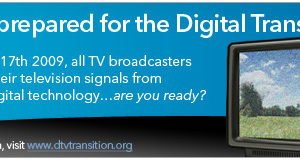
So exactly why are we paying for the “DTV transition” anyway? Did we pay for folks in the 1960s to switch from B&W to color televisions? No way.
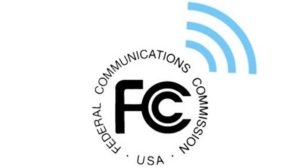
The reaction in Silicon Valley to folks saying they’re from Washington, DC and are “here to help” may just be slightly more favorable going-forward.